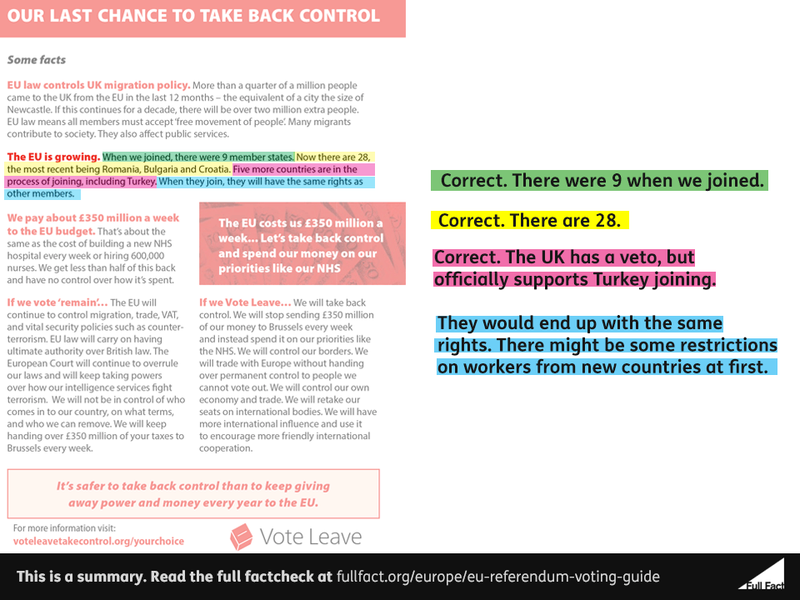There were six members of the EU when the UK, Denmark, and Ireland joined in 1973, bringing it up to nine. It’s correct that the latest of the 28 members are Romania (2007), Bulgaria (2007) and Croatia (2013).
Albania, Macedonia, Montenegro, Serbia, and Turkey are all candidate countries “on the road to EU membership”.
There are two more “potential candidates”, Bosnia and Herzegovina, and Kosovo.
It’s a fundamental rule in the European Union that all member countries must be treated equally. “The Union shall respect the equality of Member States before the Treaties”, in the words of the Treaty on European Union.
So if these countries are let in they will end up with the same rights as other members.
It’s likely there would be some transitional arrangements, such as optional restrictions on workers from new countries in the years after they join. This happened when new members joined in 2004, 2007 and 2013.
For any country to join requires the unanimous agreement of all existing members—both in the EU’s Council, and by signing off on a treaty with the new member.
So the UK has a veto over any of the candidate countries joining but it is government policy to support the accession of Turkey.
